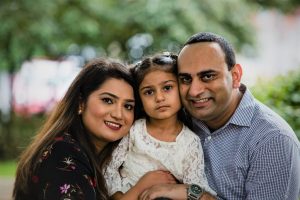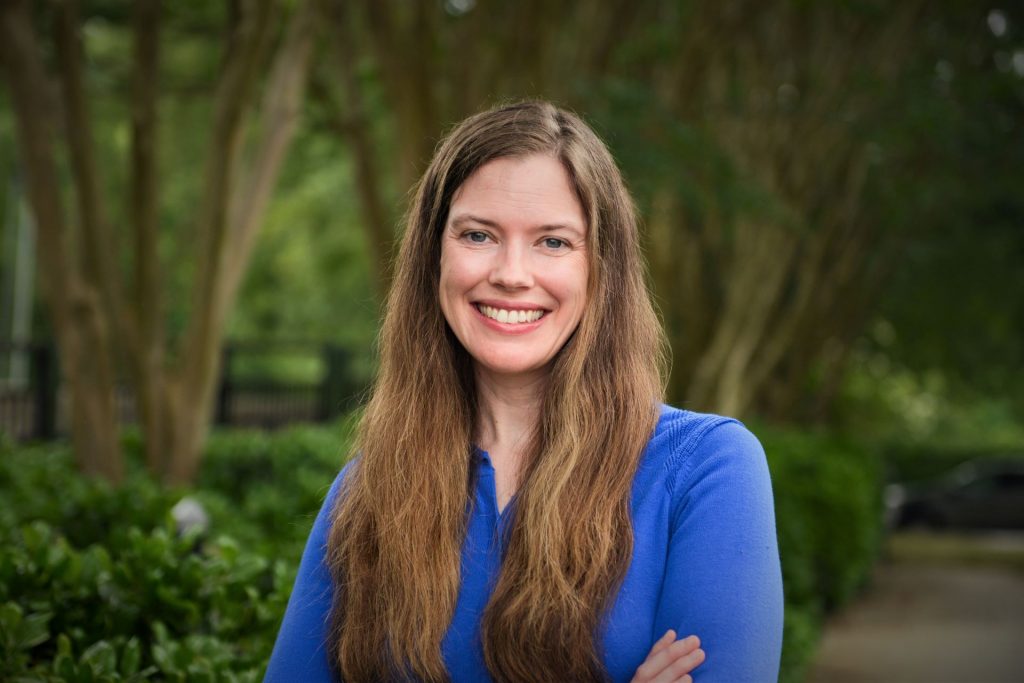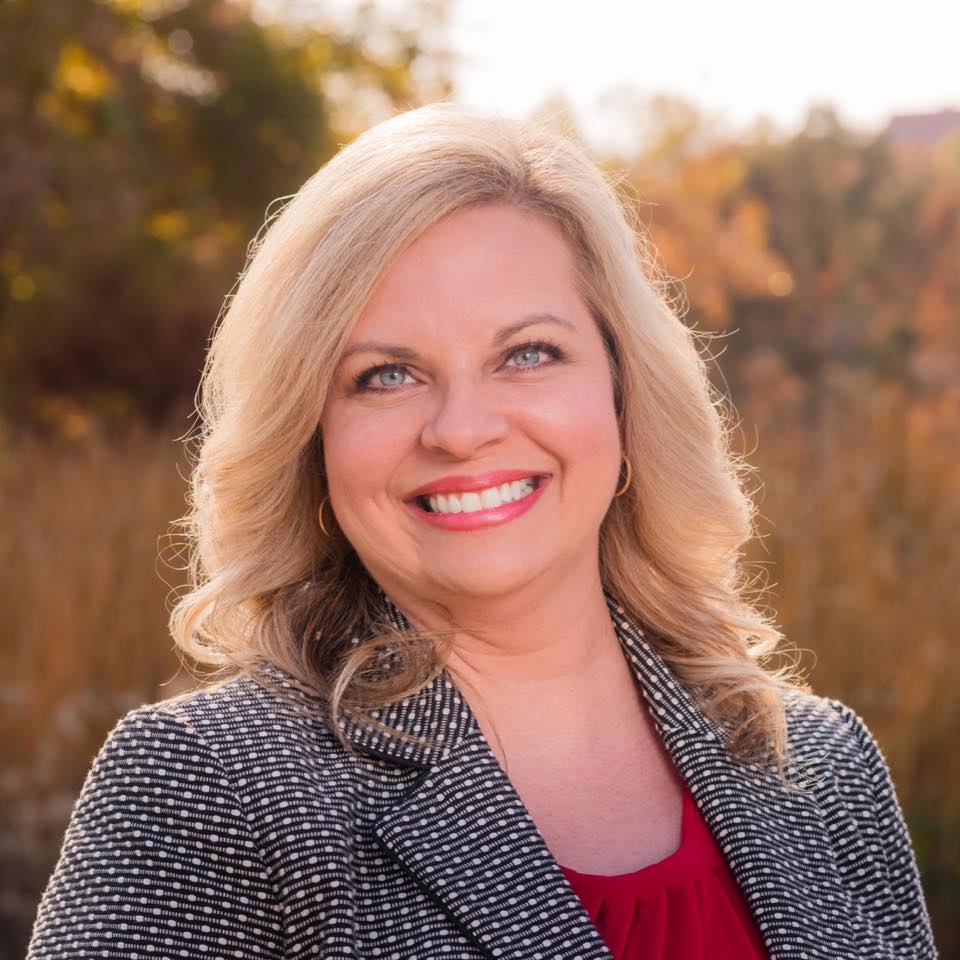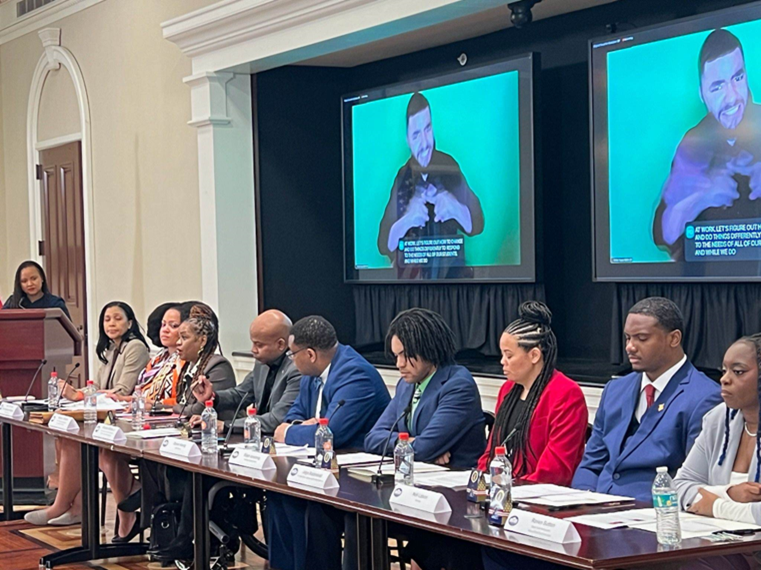
Roundtable participants speak to attendees. Left to right: Tara Murray, Amber Greene, Taryn Mackenzie Williams, Valerie C. Williams, Sherman Gillums Jr., Shawn Aleong, Elijah Armstrong, Jalyn Radziminski, Neli Latson, and Raven Sutton.
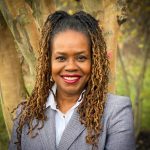
Valerie C. Williams Director, Office of Special Education Programs
By Valerie C. Williams Director, Office of Special Education Programs
On Feb. 23, 2023, I participated in a Black History Month roundtable hosted by the White House and the Biden-Harris Administration.
During the roundtable, I had the opportunity to meet with five representatives of the next generation of young Black disability leaders and advocates.
The purpose of the event was to not only reiterate the Biden-Harris Administration’s commitment to diversity, equity, accessibility and disability inclusion, but to also hear from young Black leaders about their experiences and challenges.
Read More





